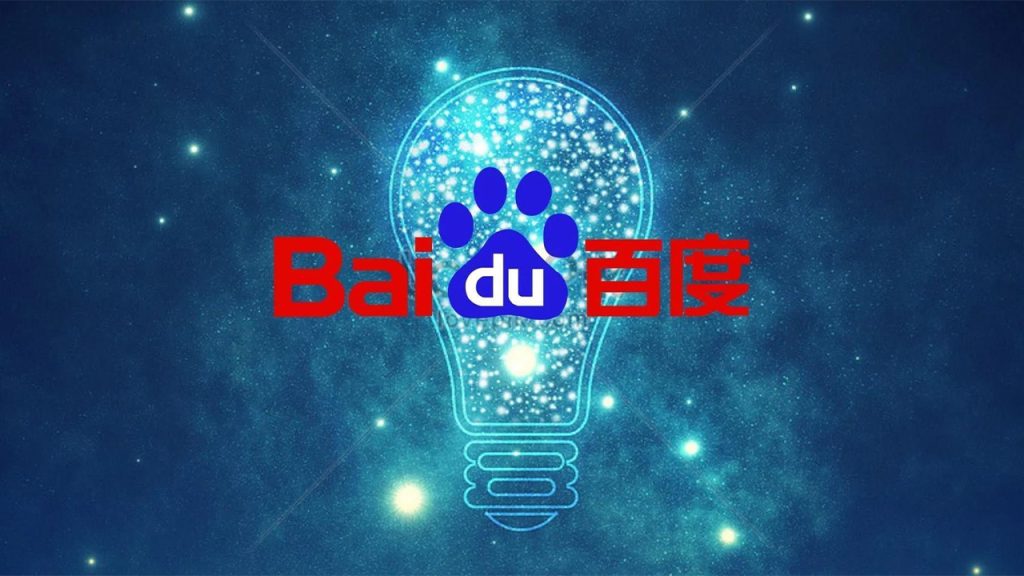Baidu CEO Robin Li Yanhong has raised a significant point about the current trend in China‘s tech industry. According to Li, the excessive focus on creating large language models (LLMs) is not just a drain on resources but also a missed opportunity to advance practical AI applications. Why would a company that’s actively involved with AI be connected with something like this?
Li Yanhong believes that AI’s value lies in its Application
The crux of Li’s argument, as presented at the X-Lake Forum in Shenzhen, is that while China has seen a surge in AI model development, with 238 such models launched as of October 2023, there is a stark lack of AI-native applications. These are applications specifically designed to harness the unique capabilities of AI, much like how mobile-native apps revolutionized smartphone usage.

Li’s perspective is grounded in the belief that the real value of AI lies in its application, not just in the development of foundational models. He suggests a shift in focus towards creating a plethora of AI-native applications, akin to the era that saw the rise of apps like WeChat, Douyin, and Uber, which were tailored for mobile usage.
Interestingly, Li’s remarks also touch upon a broader industry issue: the balance between foundational research and application development. While foundational models are essential for advancing AI technology, their true potential is unlocked only when applied in practical, everyday scenarios.
Moreover, Li criticizes the trend of hoarding advanced semiconductors and building intelligent computing centers, which he views as an inefficient approach to AI development. He emphasizes that without the right scale and training datasets, these efforts are unlikely to yield models with emergent abilities – the ability to perform complex tasks with minimal input.
As mentioned before, Baidu itself is engaged in developing AI applications, as seen with its code-writing assistant Comate. However, Li believes that the best AI-native applications, both in China and globally, are yet to come.
RELATED:
- China’s Big Tech, including Alibaba & Baidu is Moving Towards Consumer AI
- China’s Baidu Strikes a Deal with Huawei to Buy AI Chips
- Best Feature Phones with UPI support 2023: Nokia Dominates
(Via)







